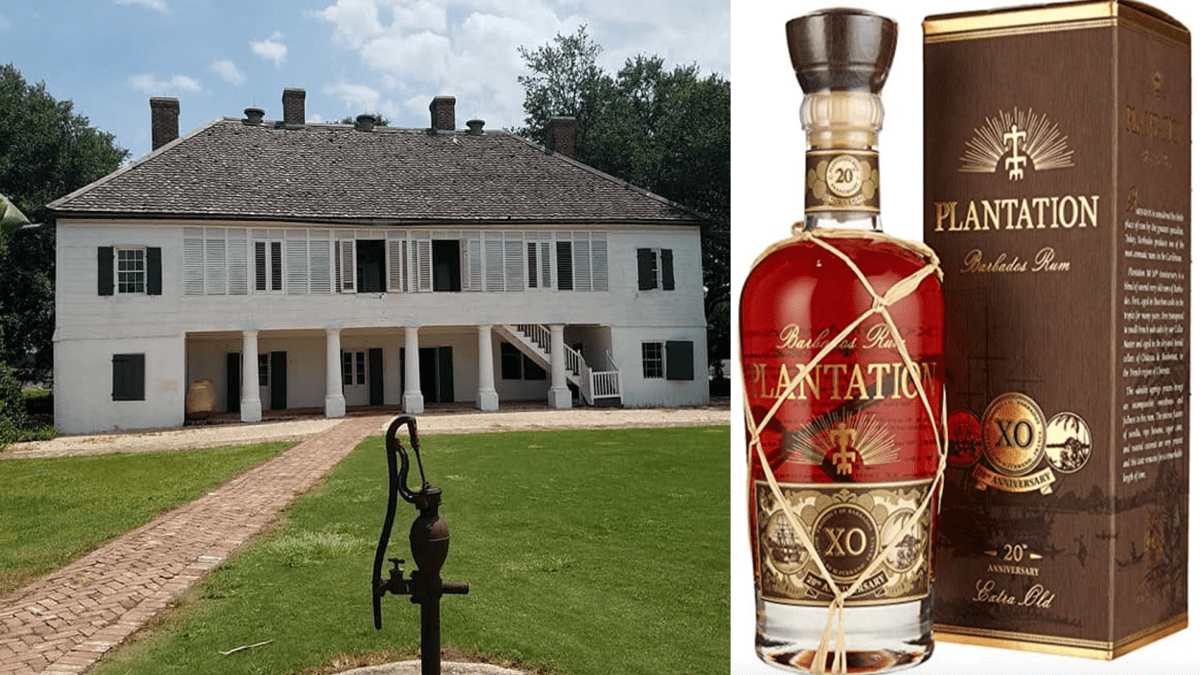As ITV’s ‘Good Morning Britain’ Rachelle Ferron calls out Plantation Rum as a “horror” brand that “chokes,” Matthew Steeples asks if this is cancel culture crazy warbling by a woke wazzock?
Nobody with a moral compass would today come out in favour of slavery, but would even the cancel culture crackpot Owen Jones go as far as to seek to cancel anything mentioning the description “plantation” – meaning in essence “a large farm” – out of outrage over its past associations?
Though the answer to that question is a likely “yes” given the attention seeking Chavs author would likely have sought to whine if he’d thought of it first, ITV’s Good Morning Britain head of entertainment Rachelle Ferron was given acres of column inches to get in her thoughts on this noun yesterday. In an article for The Guardian, she ludicrously claimed to have been “choked” after seeing it on a visit to a branch of a Richard Caring owned restaurant, The Ivy.
Ferron, offended to find the “P-word” listed on the menu in the form of a “rum-soaked sponge” made with Plantation Rum, whined: “It matters that once you really see these things, it is difficult to unsee them.”
Droning on, a woman once proudly posed for a snap with Sean Combs – whose clothing brands have ironically been called out for operating “slave labour-like” working conditions – surmised: “Hmm (rather than ‘Mmm’). My dad is Jamaican. My ancestors were slaves.”
She added:
“Does this matter? Yes. It matters that all around us we see reminders of a painful past, and then feel the indignity of knowing that the words and images of historic colonial exploitation are being deployed, even offered to us, as brands and items produced for someone’s commercial gain. It matters that once you really see these things, it is difficult to unsee them. Either you come to terms with them, or you decide that this is not the way for diverse societies to behave, and resolve to act.”
“These brands and images, these indignities and slights, have perhaps always been there. But one night, on date night, I saw ‘Plantation’ rum on the menu, thought about the history and connotations, and thought: enough. It was my own little protest, but that’s how wider change often starts.”
Continuing, Ferron expressed objection at a property development in Battersea with the name Plantation Wharf and a pier of the same name operated for Uber Boat by Thames Clippers. Houses – such as those owned by Ben Affleck – with “P-word” history and the shutters they gave their name to, she argued are part of “[worshipping] a trend that glorifies plantation living.”
After complaining to the restaurant group about the ‘hurt’ she felt, the liquid that so outraged her has now been removed from at least 30 restaurants owned by bouffant haired billionaire Caring in spite of a pledge from Maison Ferrand, the owners of Plantation Rum, that they would be taking steps to “rebrand” in June 2020.
At that time, the company’s Stephanie Simbo told The Spirits Business:
“We pride ourselves on making delicious rum for people to enjoy and never want any part of their experience to create feelings of discomfort.”
“To that end, we want to be on the side of actions and solutions. As you can imagine, evolving a brand name is a significant undertaking for a family business like ours. We humbly ask that everyone have patience as we move to make these changes as quickly as possible.”
Alexandre Gabriel, the company’s founder and master blender, previously added:
“As the dialogue on racial equality continues globally, we understand the hurtful connotation the word ‘plantation’ can evoke to some people, especially in its association with much graver images and dark realities of the past.”
“We look to grow in our understanding of these difficult issues and while we don’t currently have all the details of what our brand name evolution will involve, we want to let everyone know that we are working to make fitting changes.”
Though Rachelle Ferron most likely enthused the woke in Britain with her ‘victory’ over a noun describing a farm, I’d argue she’s instead secured nothing but making herself look like a hectoring harridan with a desire to damage a small family business that has already committed to making change. Now, I’d suggest, it is time for her to take her pitchfork off for a confrontation with her chum P. Diddy.
Pictured top – The Whitney Plantation in Louisiana, a place which now seeks to “educate the public about the history of slavery and its legacies” rather than celebrating or erasing memory of its past (left); the rum that so offended Rachelle Ferron (right).
